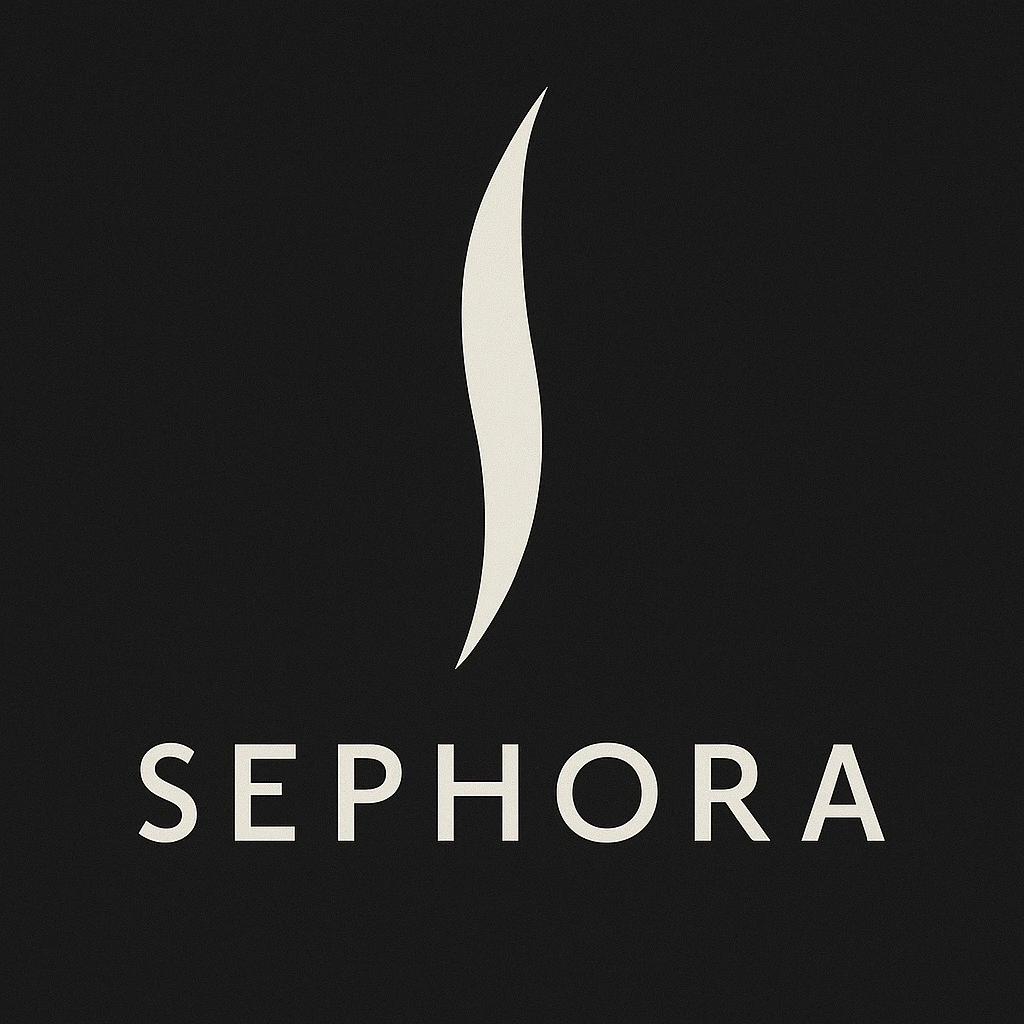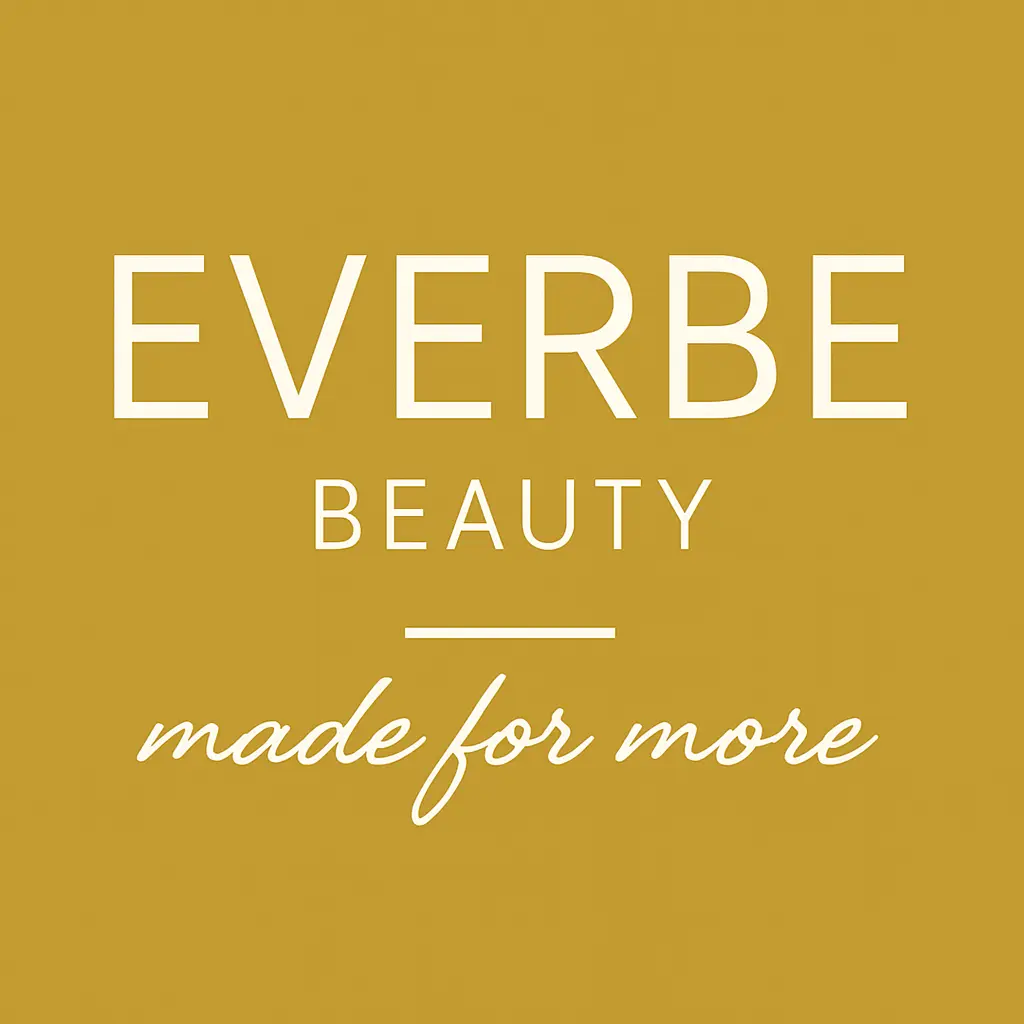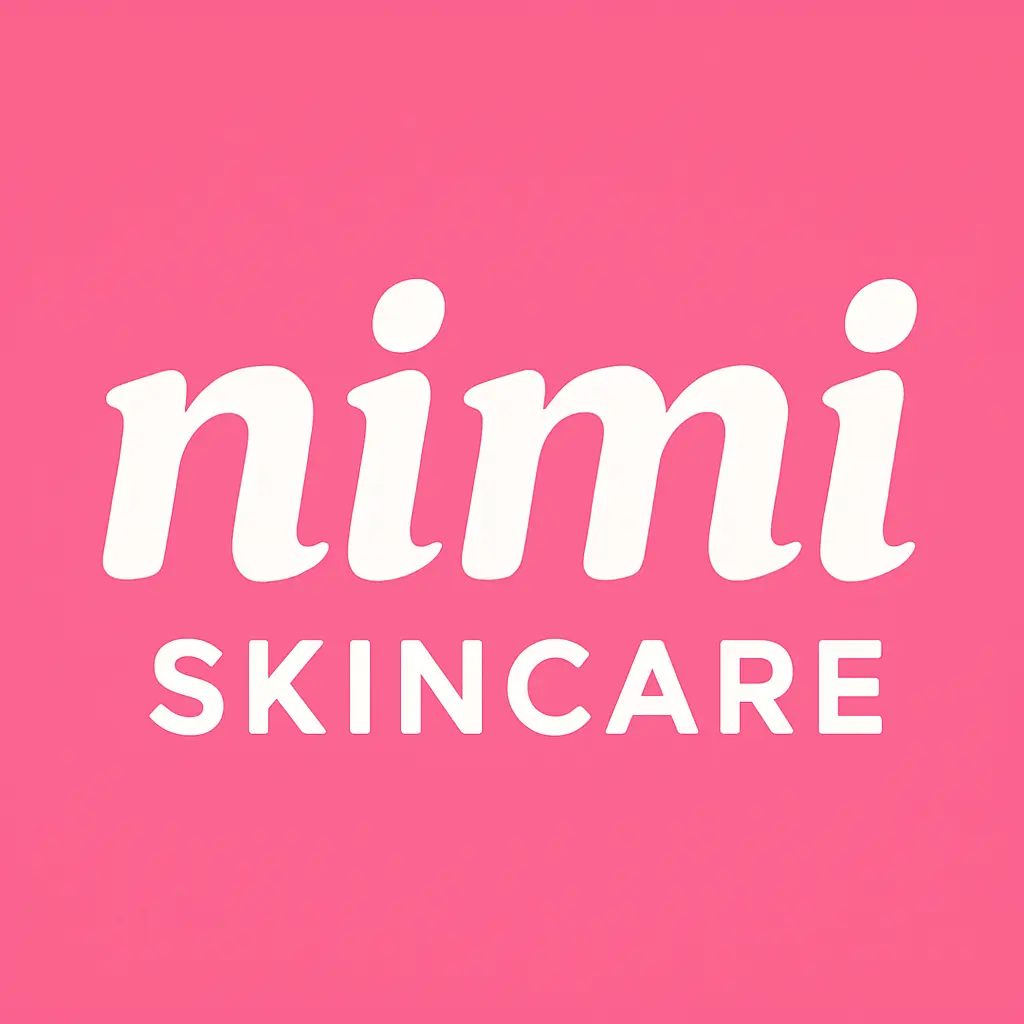Sephora began in France in 1969 as a perfume shop and eventually exploded into the global beauty behemoth it is today, with more than 2,700 stores worldwide. Its slick black-and-white branding became synonymous with “treat yourself,” luring makeup junkies into aisles of glittering palettes, designer fragrances, and skincare potions that promise eternal youth.
But behind the lipstick gloss lies a company that has made social activism part of its brand DNA. Sephora doesn’t just sell eyeliner, it sells ESG virtue points. From splashy DEI campaigns to loud Pride collections and even workshops on “unlearning bias,” Sephora leans harder into politics than contour powder on a Kardashian. For a company that claims to celebrate all beauty, they sure spend a lot of time lecturing customers on what to think while they’re just trying to buy mascara.










